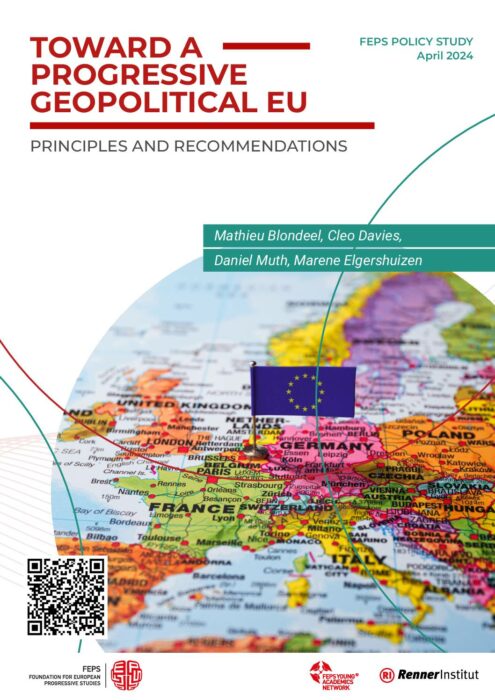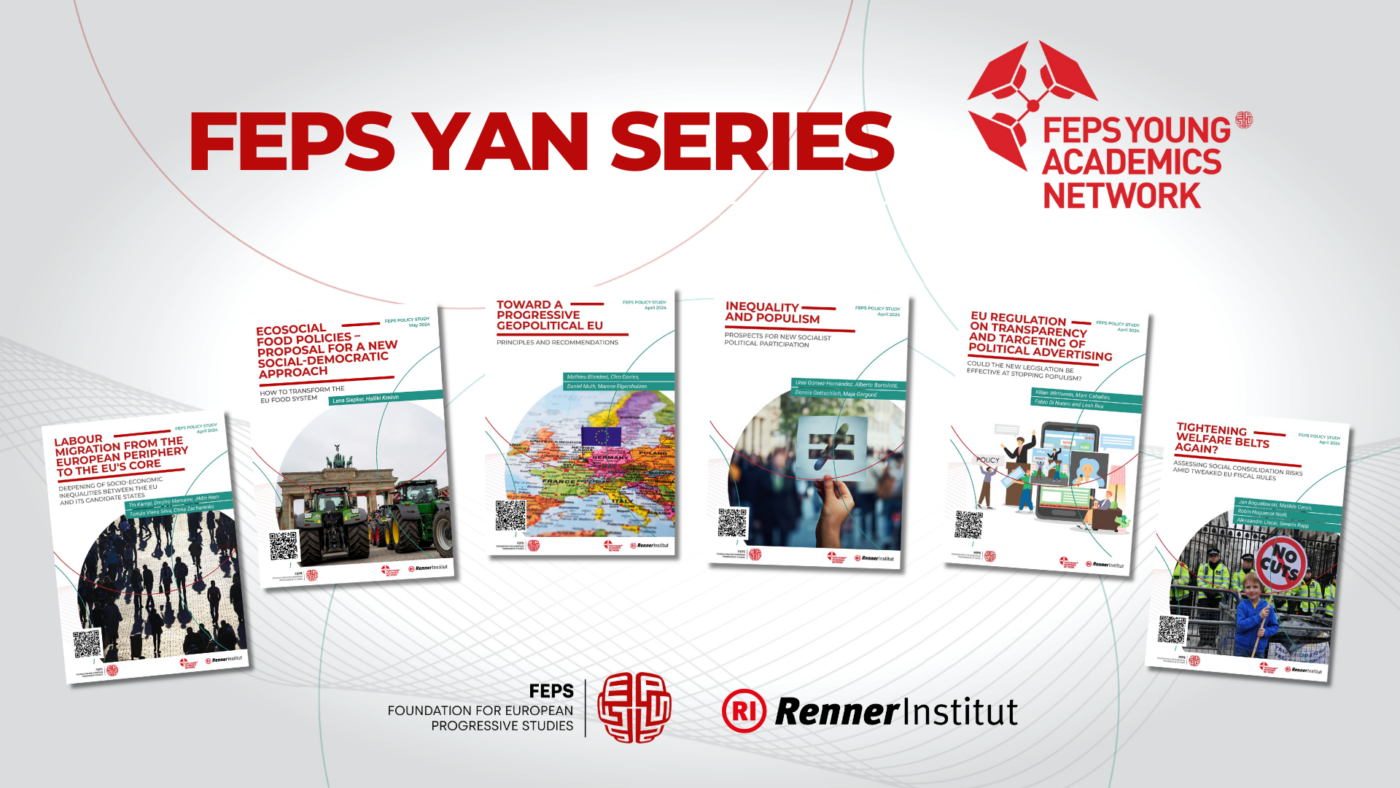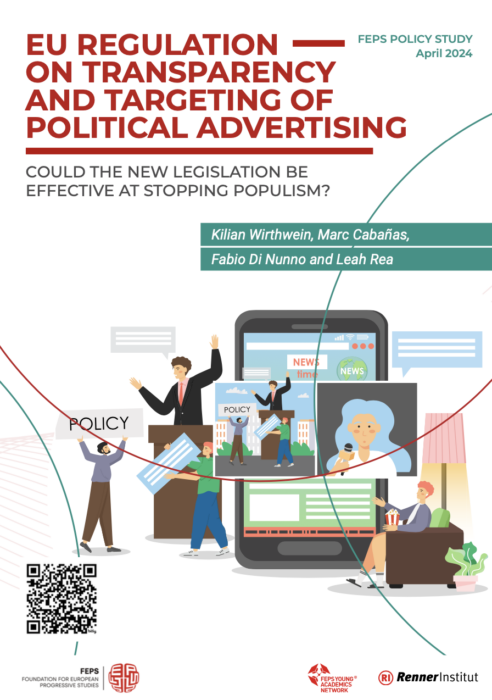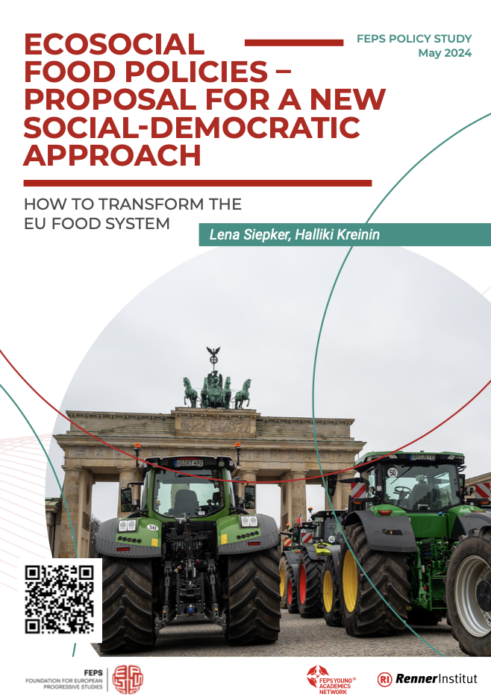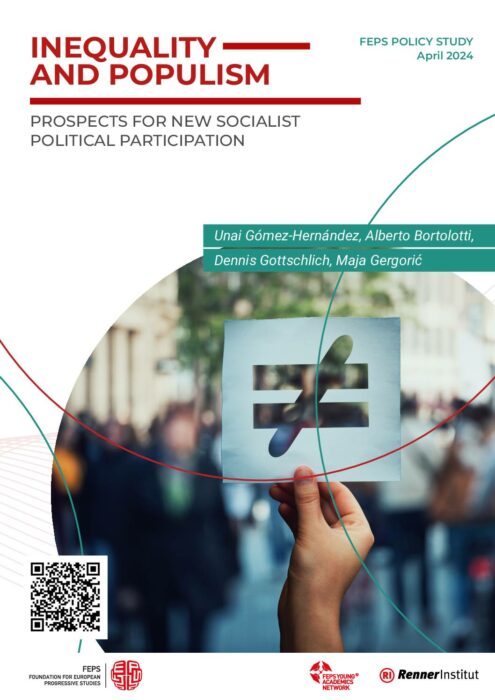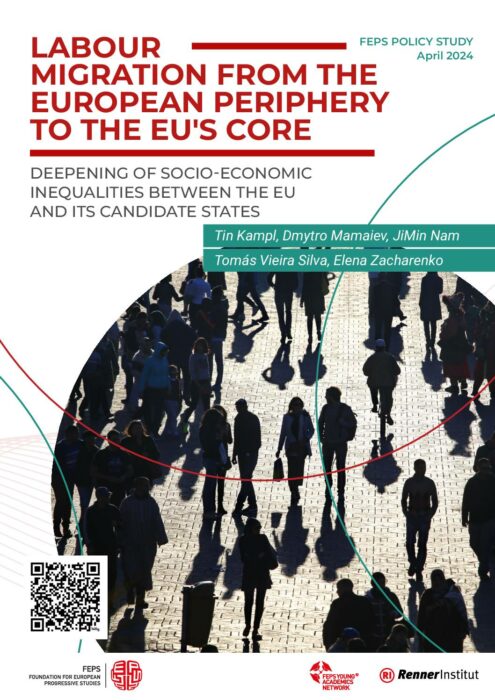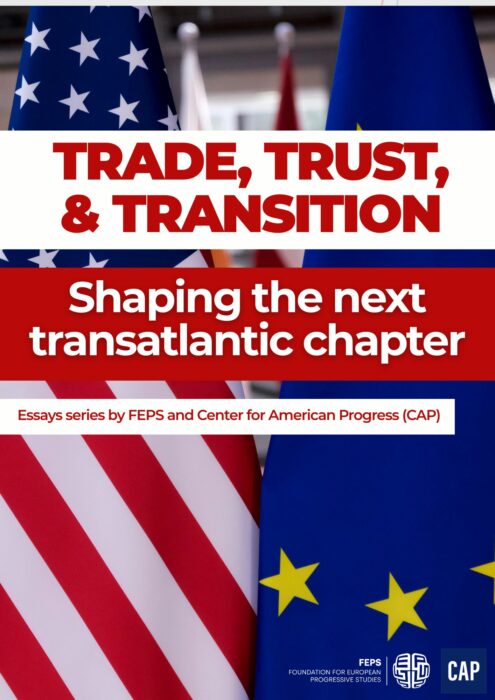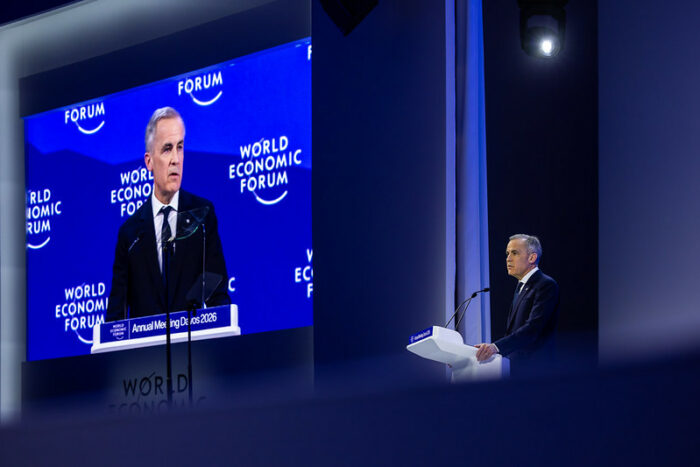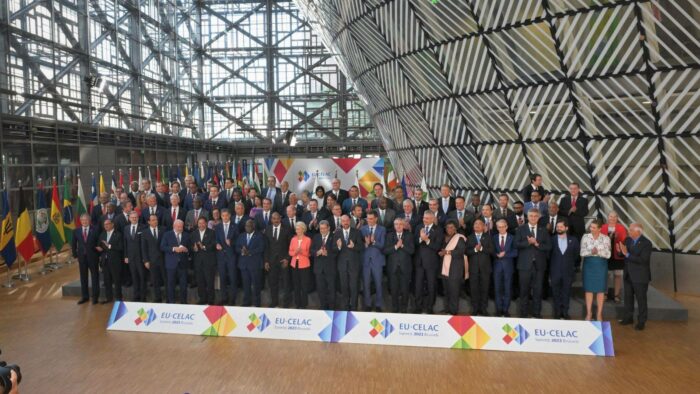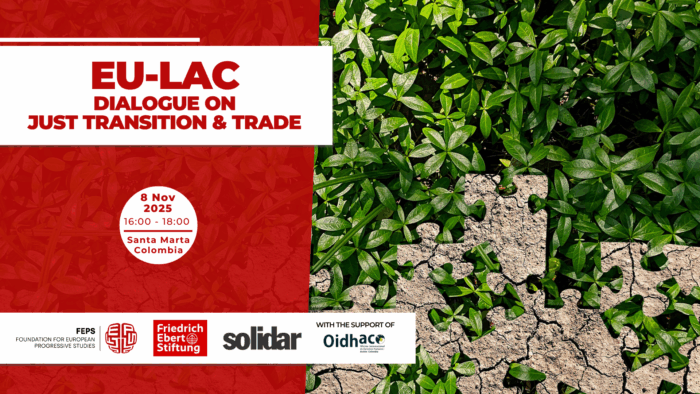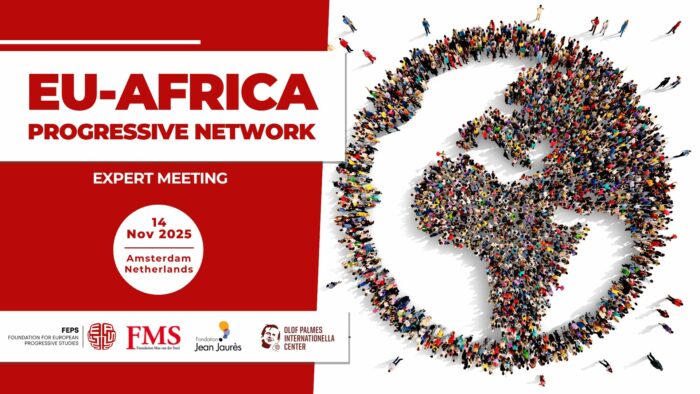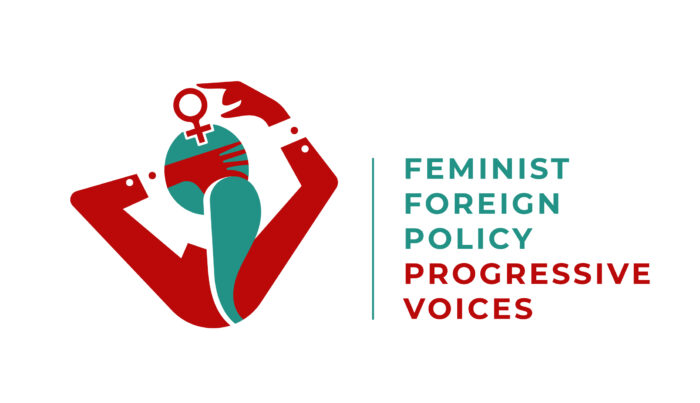Network
Related publications
Find all related publications
Publications
Find all related Progressive Post
Progressive Post
Find all related events
Events
Past
08/11/2025
Santa Marta, Colombia
13/11/2025
FEPS HQ (Expert meeting)
14/11/2025
Amsterdam, Netherlands (Expert meeting)
Load more...
Find all related Audiovisual
Audiovisual
07/07/2025
07/07/2025
Find all related news
News
Find all related in the media
In the media
“It’s a mistake to think we can go back to the old normal after Trump”. Interview with FEPS Secretary General László Andor in Telex (HU), where he discusses the global trade tensions triggered by Trump-era tariffs, the shifting US-China dynamic, and the need for the EU to develop a new strategic approach in a permanently changed world order.

